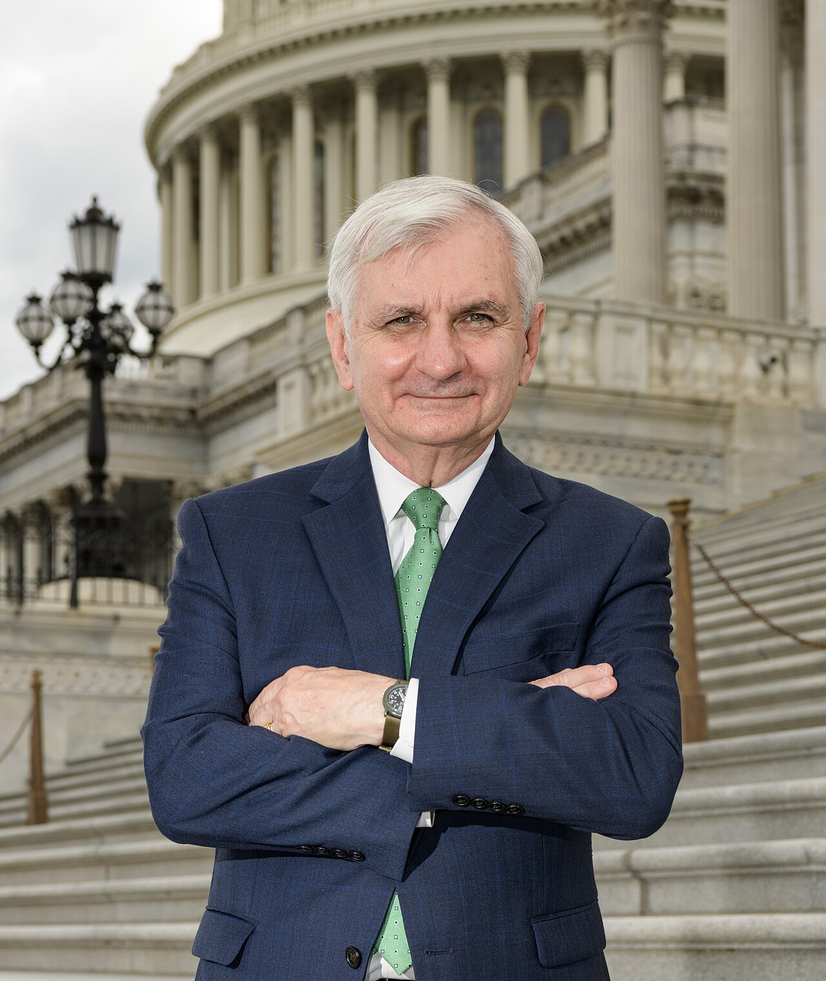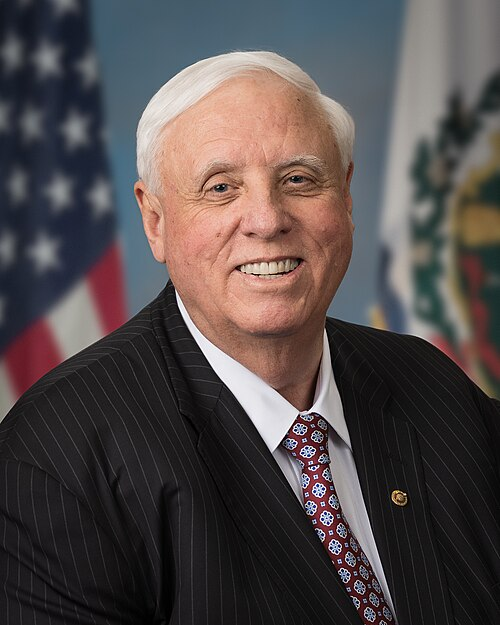S. 2338: Strengthening Local Food Security Act of 2025
This legislation, titled the Strengthening Local Food Security Act of 2025, aims to enhance food security at the local level through the establishment of a new program under the Agricultural Marketing Act of 1946. Here’s a breakdown of what the bill encompasses:
Strengthening Local Food Security Program
The bill creates the Strengthening Local Food Security Program, which will be administered by the Secretary of Agriculture. The program's main focus is on entering into cooperative agreements with eligible government units The agreements will allow these local governments to:
- Purchase food, including seafood, produce, meat, eggs, dairy, and poultry, from local and regional small or mid-sized producers.
- Distribute this food within their areas, particularly to hunger relief organizations and schools involved in federal school meal programs.
Definitions of Key Terms
- Covered Producer: Includes small and mid-sized farmers, fishers, or ranchers, beginning farmers, veteran farmers, and those in underserved communities.
- Eligible Unit of Government: Refers to state agencies and local governments, including those in the District of Columbia, Puerto Rico, U.S. Virgin Islands, Guam, and Tribal governments.
- Underserved Community: A community with limited access to affordable and healthy foods, high hunger rates, or high poverty rates.
Program Goals
The program aims to:
- Improve the resiliency of the food and agriculture supply chains.
- Promote food security among communities.
- Support food banks, schools, and childcare institutions by strengthening local food systems.
Funding Mechanism
Under this program, funding is allocated on a noncompetitive basis directly to eligible government units. Key components of the funding provisions include:
- At least 10% of the allocated funds will be aimed at Tribal governments.
- 1% of the remaining funds will be distributed to each State.
- A formula will be used to allocate the remaining funds based on population and need.
Application Processes
To receive funding, eligible government units must:
- Submit an application outlining how they plan to utilize the funds.
- Include a plan for local food system development and ensuring food security.
The Secretary of Agriculture will review applications and has the discretion to accept or reject them based on their alignment with program goals.
Operational Requirements
Upon entering cooperative agreements, participating government units must:
- Purchase at least 51% of their food from covered producers within their region.
- Prioritize food distribution to underserved communities.
- Ensure that funds are used within three years of allocation.
Training and Compliance
The program may require that purchased food comes from producers that have undergone food safety training. Local governments will offer technical assistance to help producers meet these requirements.
Reporting and Oversight
Participating units will be required to submit reports on their activities related to food procurement and distribution to ensure accountability and program effectiveness.
Funding Levels
- Mandatory funding of $200 million per year is allocated for the program starting in fiscal year 2025.
- An additional $200 million is authorized for appropriation for each fiscal year through 2029.
Relevant Companies
- TSN: Tyson Foods, a major meat and poultry producer, could see increased demand for locally sourced poultry and related products as local governments contract with regional suppliers.
- UNFI: United Natural Foods, a distributor of natural and organic foods, may benefit from increased local buying contracts as food distribution expands in underserved areas.
- SWN: Southwestern Energy, while primarily a natural gas company, may experience indirect impacts through increased demand for energy to support food production and distribution efforts initiated by local governments.
This is an AI-generated summary of the bill text. There may be mistakes.
Sponsors
2 bill sponsors
Actions
2 actions
| Date | Action |
|---|---|
| Jul. 17, 2025 | Introduced in Senate |
| Jul. 17, 2025 | Read twice and referred to the Committee on Agriculture, Nutrition, and Forestry. (Sponsor introductory remarks on measure: CR S4458: 2) |
Corporate Lobbying
0 companies lobbying
None found.
* Note that there can be significant delays in lobbying disclosures, and our data may be incomplete.





